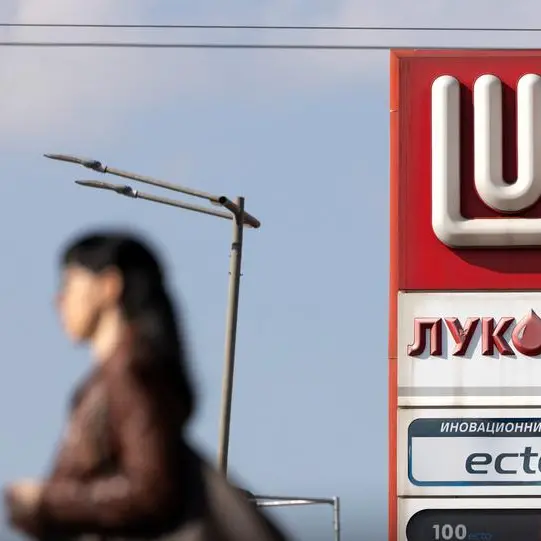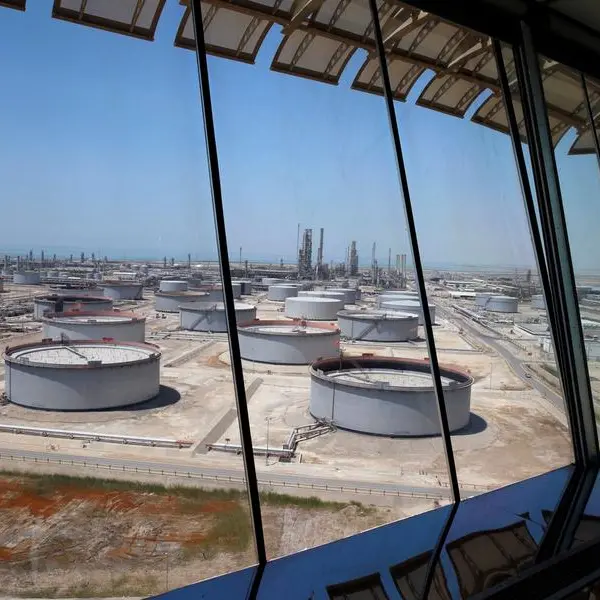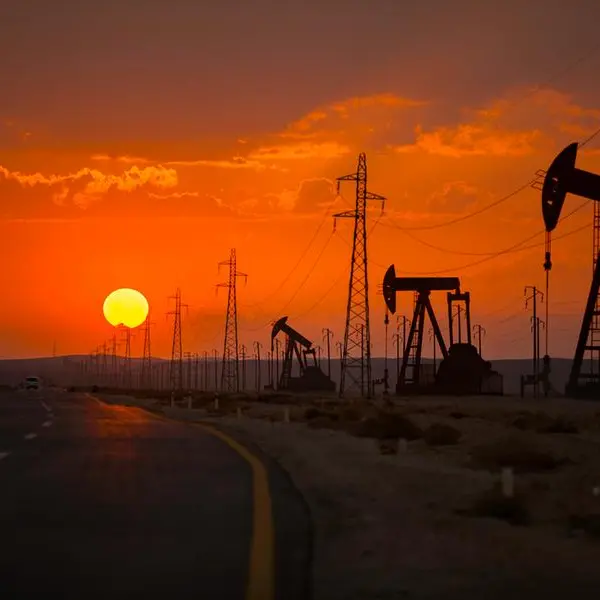PHOTO
Manama - Bahrain-based SICO has offset its carbon emissions and is now carbon neutral, reveals the regional asset manager, broker, and investment bank’s first greenhouse gas (GHG) emissions report.
Quantifying how much carbon it releases during the course of daily activities and operations, the report is a key step by SICO towards becoming more conscious of its carbon footprint in order to determine the areas that are most pressing and require more immediate attention.
According to the assessment, the total GHG emissions of SICO’s business from January 1 to December 31, 2021 were 571.962 metric tons (Mt) carbon dioxide equivalent (CO2e).
Total GHG emissions include direct emissions from controlled equipment and assets (scope 1), emissions from purchased electricity (scope 2), and selected categories that constitute indirect emissions that occur in the value chain of the bank, including business travel, employee commuting, and indirect effect of emissions of SICO staff who worked from home during part of the pandemic period (scope 3), so a comprehensive view of the carbon footprint during the full reporting period could be captured, it said.
The estimate for CO2e emissions per employee is 5.84 ton, well below Bahrain’s GHG intensity rate per capita and in line with the average per employee for the financial sector in the GCC..
SICO’s scope 1 and 2 per employee, 4.4 ton/employee came in line with the average of the GCC’s financial sector of 4.3 ton/employee.
Commenting on the findings, Najla Al Shirawi, chief executive of SICO, said, “Publishing our first GHG emissions report is a crucial first step that we will use to measure and monitor SICO’s impact on the environment and reduce our carbon footprint. SICO is now carbon neutral after offsetting our emissions, and we plan on enhancing our focus on expanding on our environmentally conscious activities.
“We are confident that this report will boost our accountability and awareness when it comes to our role in the global climate change conversation. We intend to step up our green initiatives, along with our broader CSR projects, and continue to embrace our responsibility of contributing to a more sustainable future,” she added. “Directing our attention towards more sustainable alternatives, such as green energy, energy-efficient appliances, conservation, and waste reduction, and of course the commitment to becoming a progressively digital organisation are all examples of potential next steps.”
The report creates a foundation for effective climate action by tying prior efforts together, clearly identifying areas of SICO’s climate impact, and showing critical intervention points to substantially reduce GHG emissions in the coming years.
It additionally outlines actionable initiatives to minimise SICO’s negative impact on the environment focused on three key areas: conserving, recycling, and offsetting.
The study and estimates were based on the Greenhouse Gas Protocol, the Intergovernmental Panel on Climate Change (IPCC) Guidelines for Greenhouse Gas Inventories, the Environmental Protection Agency (EPA), and the United Nations Framework Convention on Climate Change (UNFCCC).
According to the Global Carbon Atlas, supported by BNP Paribas Foundation, Bahrain has reached its lowest GHG per capita within the last 10 years reaching 20.54 Mt per capita.
© Copyright 2020 www.gdnonline.com
Copyright 2022 Al Hilal Publishing and Marketing Group Provided by SyndiGate Media Inc. (Syndigate.info).





















